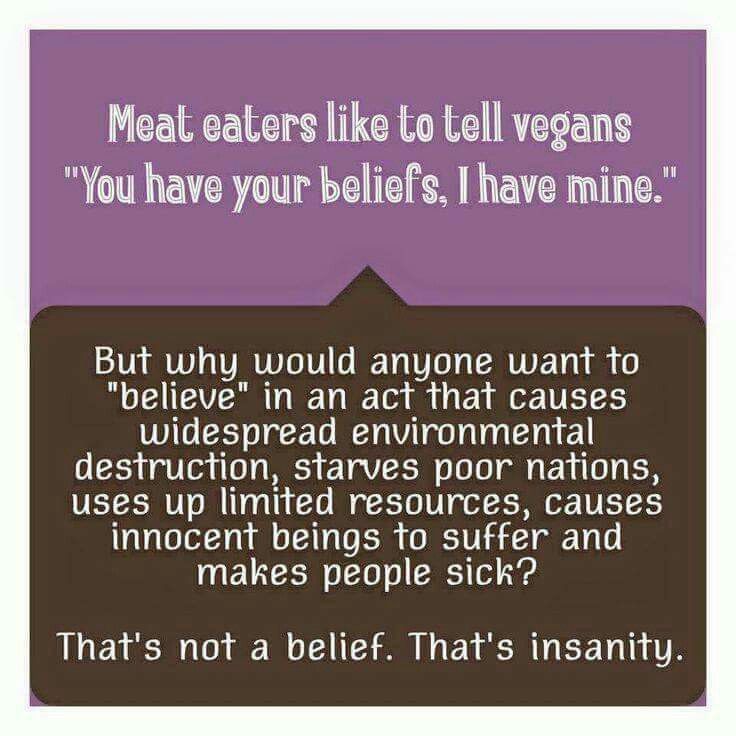In the past 2 weekends, I made it a point to go to 5 places where all products are 100% vegan. It was a fun experience!
My first stop was on Sunday, February 10. I had brunch at 10:30am at the
Veggie Grill restaurant. I ordered their cheese veganburger, sweet fries carrot cake and lemonade. It was so delicious! I've never had sweet fries that good! The cheeseburger was one of the best I've ever had, and the carrot cake was fantastic--I loved the icing on it! The lemonade was fresh and good! The atmosphere is nice and quiet (but I guess it would be at that time), and very clean. The staff are very polite and asked me would I mention their restaurant to others--YES! Veggie Grill is national so if there is one near you, please stop by and order anything on their menu, knowing everything is cruelty-free.
After feeling very well fed and satisfied, I want to add I did go to
Voodoo Doughnut afterward; it is not a vegan bakery, but they sell at least a dozen vegan doughnuts. I stopped there to pick up my favorite, their vegan
Cock-N-Balls! That is the name!
The line was remarkably short as I was only about the 30th person in line. If you are familiar with both Portland, Oregon's own
Voodoo Doughnut bakeries, you know being the 30th person in line is a pretty good spot! The lines at both places are ALWAYS long--and I'm not exaggerating, although I've heard if you stop by after midnight, there's no line (they are open 24 hrs.). The staff is always happy so I figure they must be paid with all the vegan doughnuts they want! =)
My vegan
Cock-N-Balls was extremely good, which I had for my dinner dessert.

Next stop that day, I went to Portland's Mini Mall. My first store at the mall and the second 100% vegan shop I went to was
Food Fight! grocery store. The grocery store is very small, about the size of one of those gas station food stores, or corner market stores. But there is a lot of merchandise: pre-packaged food on shelf and frozen, including ice creamy desserts, cooking/baking items, health, beauty and cosmetic products, etc., all 100% vegan. I needed some new lip balm so I bought their lip balm by
Crazy Rumors.
Next door to
Food Fight!, I went to
Herbivore Clothing Company. They sell a lot of unique clothing and accessory items and books as well. They also sell jewelry, buttons, stickers and magnets with the vegan message. It's a fun store to check out. I got another different vegan lip balm there from
Booda Butter. I'll compare the two and see which one is better.
My last stop on that Sunday was next door to
Herbivore Clothing Company. It's
Sweetpea Baking Company. It was indeed a very sweet day for me in more ways than one as I got my 3rd sweet vegan item of the day: a peanut butter oatmeal chocolate chip cookie! I've had their cookies before and this is the best in their bunch! I saved that cookie for Monday's dessert as 2 desserts is more than I usually have in one day.
A week later, today February 17th, I went to my 4th 100% vegan place,
Loving Hut. It's a very pretty, clean restaurant with very good food too! I ordered their Hawaiian vegan burger with french fries. I had their "Orange Joy" drink which tastes like a tangerine smoothie. For dessert, I had my very first vegan cheese cake--so delicious!!
I plan to stop by all the places I mentioned here. The customer service at all places (including Voodoo Doughnut) are excellent! It was such a joy visiting 4 totally vegan places, and I hope to go to more in the future.





















